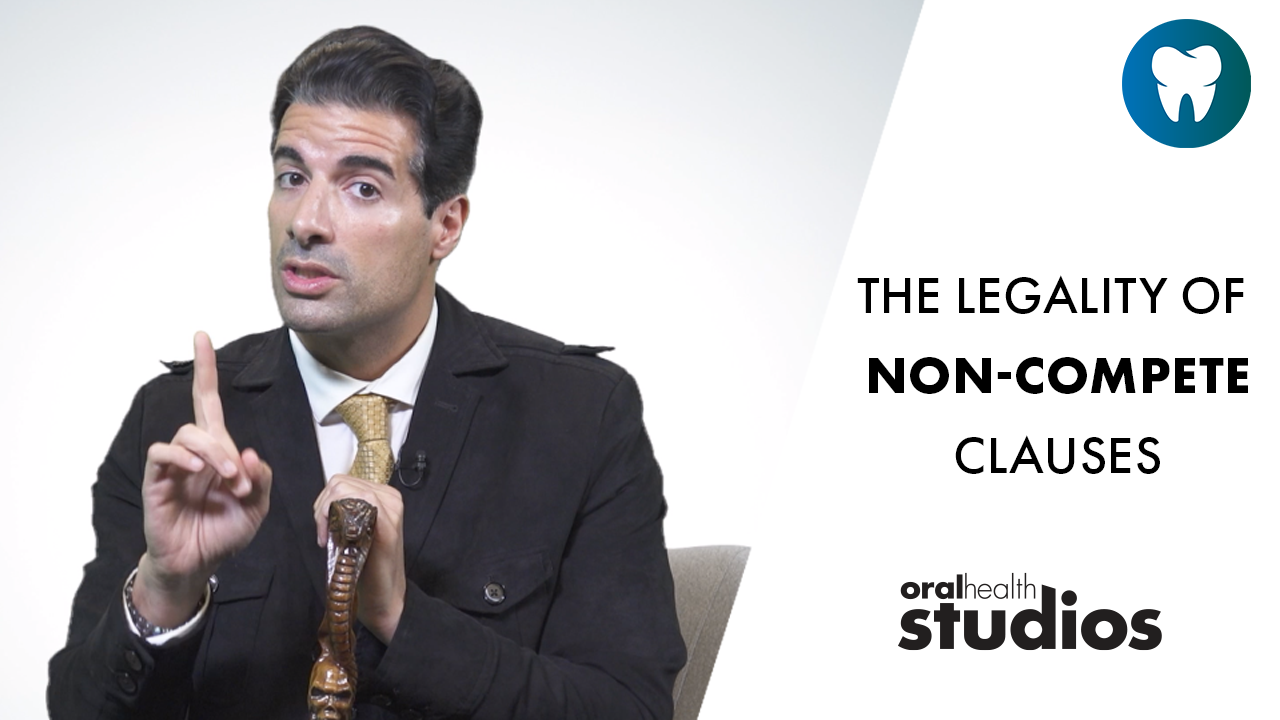With your retirement approaching, now is the time to begin preparing your practice for sale. Clean (in every respect), well managed practices are in high demand and a few measures on your part can go a long way towards ensuring this.
A significant portion of the value of your practice is the goodwill (the future ability to earn income), which is reliant upon your ability to:
1. Remain at your current location,
2. Limit competition,
3. Retain patients,
4. Maximize revenues and minimize costs,
5. Reduce or eliminate risk of liability.
It is advisable to conduct a full legal audit of all written, verbal and implied legal contracts to ensure that value is maximized.
Premises Lease
If your premises is under a lease, that lease can be your most valuable asset or the greatest threat to the value of your practice. As you approach the sale date, you will want to ensure that the current term of the lease combined with all available renewals is ten years or greater. At minimum, you will need the term plus available renewals to be equal to or greater than the term of longer that the term of the purchaser’s loan (typically 7 to 10 years), as this is usually a lender’s requirement for financing. From a business perspective, ten years total would be ideal.
In some circumstances (but not all), it is also important to have “exclusivity” to practice dentistry in the building (thereby limiting competition).
Also watch for and attempt to negotiate for the removal of sinister provisions such as demolition or relocation clauses or the right of the Landlord to terminate the lease in the event of a request for an assignment (assignments are invariably required by a practice purchaser).
Patient Retention
A prospective purchaser will also wish to verify that there are no threats of patient loss post-sale and much weight would be given to the following:
1. Whether there are reasonable and enforceable restrictive covenants given by associates,
2. Whether hygienists (now that they may operate independently in many provinces) have given restrictive covenants and have acknowledged, in writing, that they have no right to or interest in patient charts.
Employees
Employees can be seen by a purchaser as an asset or as a liability.
Many dentists are not in the practice of entering into written agreements with their employees, the effect being that statutory and common law entitlements would apply.
Consider consulting with an employment lawyer in relation to all present and future employees, with the view towards the following:
1. Developing an employment agreement for all new employees,
2. Developing a Workplace Policy Manual,
3. Dealing with any problem employees in a prompt and cost-effective manner.
Systems And Operations Audit
Preliminary due diligence by a purchaser can unearth concerning and even embarrassing information. Conduct a full audit of all systems in order to:
1. Verify and ensure that reasonable efforts are made to collect all co-payments,
2. Review general collection practices, doubtful accounts and ageing receivables,
3. Detect fraud (consider consulting with a fraud prevention expert),
4. Ensure compliance with privacy legislation.
Practice Appraisal
It would be helpful to consult with a qualified practice appraiser to obtain a current value of the practice and to understand the underlying factors of practice value. Appraisals can be subsequently updated as you approach your sale date and after you have completed the above preparatory steps. Appraisals are also a good reference for lawyers and accountants.
Tax And Estate Planning
In your advanced years and as you approach retirement, you must also consider the tax implications arising from your practice sale and beyond or, heaven forbid, your untimely death. Consult with your lawyer and your accountant on the following matters:
1. The benefits of selling shares of a professional corporation versus the assets of your practice.
2. Ensuring that you remain qualified for the capital gains exemption on the sale of the shares in your professional corporation.
3. Multiple Wills, with a separate Will for shares of your professional corporation (to reduce probate tax).









